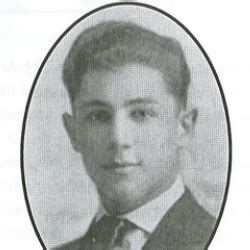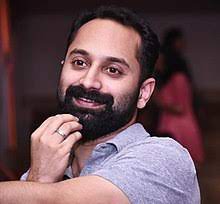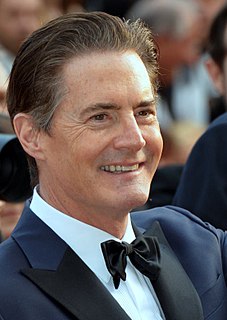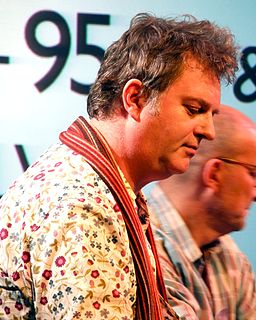A Quote by Sidney Buchman
Riskin went into directing and made a film with Cary Grant which applied to the letter all the ideas which had made his comedies famous. It had everything except that little something - and the film was a failure.
Related Quotes
In any film business, if you're trying to get your next film made, you would never say, 'Oh, my last film was a cult film.' I'd say, 'Oh, great, well I hope this one isn't!' I always say to Johnny Knoxville, 'How do you do it? You sort of do the same thing we did, except you made millions, and I made hundreds.'
It meant that Diana had not waited for any explanation, however halting and imperfect, but had condemned him unheard; and this showed a much harder, far less affectionate woman than the Diana he had known or had thought he knew - a mythical person, no doubt created by himself. It had of course been evident from her letter, which made no reference to his; but he had not chosen to see the evidence and now it was absolutely forced upon his sight it made his eyes sting and tingle again. And deprived of his myth he felt extraordinarily lonely.
I wanted to be a playwright in college. That's what I was interested in and that's what I was moving toward, and then I had the lucky accident of falling in love with film. I was 19 or 20 that I realized films are made by people. Shooting digitally became cheaper and better. You couldn't make something that looked like a Hollywood film, but you could make something through which you could work out ideas. I was acting, but I was also conceiving the plots and operating the camera when I wasn't onscreen. I got very unvain about film acting, and it became a sort of graduate school for me.
I made films with my brothers and my cousins and if any of the films ever come to fruition my career will be in ruins because the acting, writing, and directing is so unbelievably, heinously bad. We once screened one for my grandfather, this film that we had painstakingly made over a couple of days when we were all 10 years old, and he sat there and he said, "This is the worst film I've ever seen." No sympathy whatsoever.
There's something magical about film, it's the ultimate for me, because it's kind of permanent - inasmuch as anything is. When I went to see Buster Keaton when I was about 14 and I came out of the cinema having really laughed at this film which had been made 50 years before, I thought: That's immortality. It's fantastic.






































